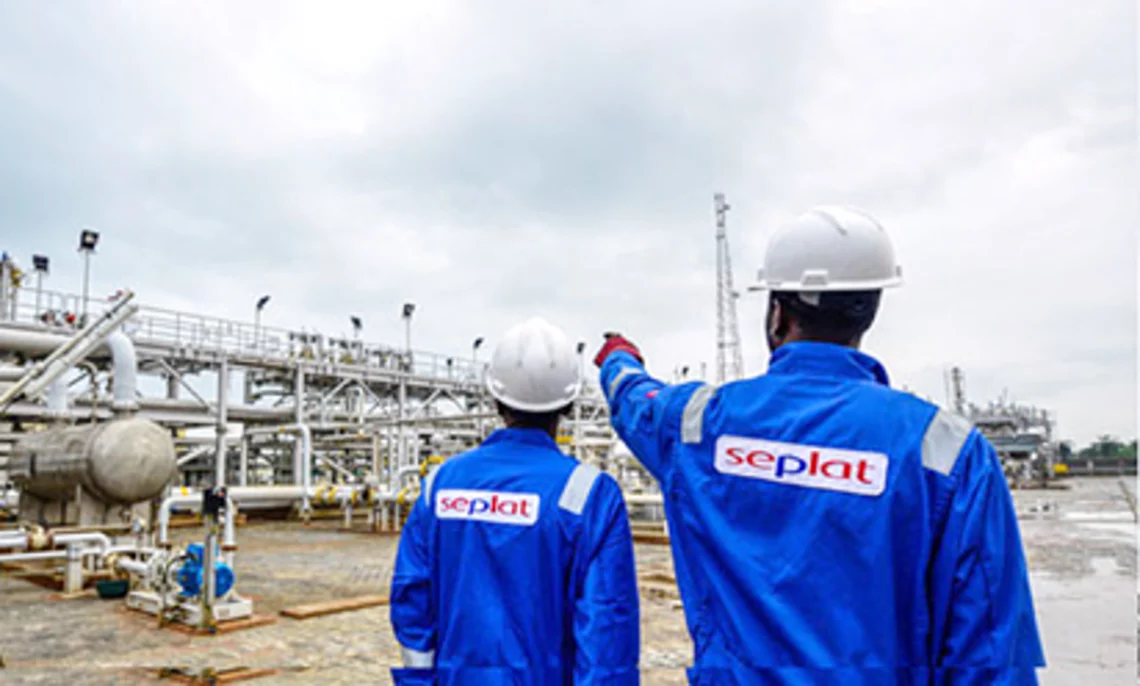Seplat Energy Plc and four others oil and gas companies on the Nigerian Exchange (NGX) Limited have posted a total net profit of N47.343 billion in the first half (H1) of the year 2022.
This is despite tight regulatory environment due to lack of clarity on policy direction (for instance, the postponement of the implementation of PIA), price controls, and vandalism.
Capital market analysts noted that daily petroleum products consumption increased due to the complete lifting of pandemic restrictions and sustained epileptic power supply to businesses and households.
After more than two decades of legislative encumbrances, the much-anticipated Petroleum Industry Act (PIA) was signed into law by President Muhammadu Buhari on August 16, 2021. The PIA is aimed at repositioning the Nigerian Oil & Gas industry through reforms in four key areas of Governance, Administration, Host Communities Welfare, and Fiscal Provision.
Ahead of the full implementation of the PIA, it has been extended by 18 months from its previous commencement date of February 2022.
Meanwhile, the net profit of Seplat Energy, Conoil, TotalEnergies Marketing Nigeria, Eterna and MRS Oil Nigeria rose by 96.57 per cent from N24.085 billion in H1, 2021 to N47.343 billion in 2022.
Specifically, Seplat profit after tax stood at N35.4 billion for the first half of the year 2022 up from N14.1 billion recorded in 2021, accounting for an increase of 151.1 per cent. Conoil posted a net profit of N1.8 billion, up from N1.1 billion, while TotalEnergies declared profit of N8.5 billion as against N8.1 billion in H1, 2021.
Eterna profit after tax jumped to N1.253 billion, compared to N433.035 million in 2021, while MRS Oil Nigeria net profit rose to N393.264 million higher than N351.813 million achieved in 2021.
On the sector performance, Afrinvest Limited said the industry’s PAT has maintained a recovery path since 2021.
The research firm said “across our coverage companies, we issued a ‘BUY’ rating on TotalEnergies and Conoil, while Ardova Plc’s valuation informed an ‘ACCUMULATE’ recommendation.
“For TotalEnergies, we expect its strong presence in the Aviation Turbine & Kerosene (ATK) and Lubricant markets alongside a solid cost structure to deliver quality earnings growth. Meanwhile, we expect Conoil’s effective implementation of cost control to buoy impressive top and bottom-line. Ardova is focused on product distribution capacity expansion and cost-optimization to solidify its position within the industry which is positive for both short- and long-term outlooks.
“Compared to selected market peers (downstream) with an average P/E ratio of 14.1x, the Nigerian downstream oil companies are priced at 3.5x. This discount highlights poor investor sentiment and a weak outlook resulting from a tight regulatory environment due to a lack of clarity on policy direction (for instance, the postponement of the implementation of PIA), price controls, redundant refineries, and vandalism.
“However, we expect the industry players to sustain their resilient performance and deliver decent returns to investors. We also expect the full implementation of the PIA to restore investment interest in the sector.”
The president of Investors Alternative Dispute Resolution Initaitive (IADRI), Moses Igbrude said, “It is a good performance and an excellent result. This is despite the unfavorable economic environment where government is a competitor and sole importer of petrol, coupled with forex shortage, kudos to them.
“To improve on this performance, the companies should focus more on their competitive advantage areas such as lubricant production, diesel import, insecticide production as well as car services business and any other areas where they can make good margins in their business operations. They should also manage their cost effectively.”
While, the chief executive officer, Seplat Energy, Roger Brown said, “Production increased strongly in the second quarter, achieving 52.4 kboepd across our operations, and we expect to maintain higher volumes for the rest of the year now that we plan to export liquids through the more secure Amukpe-Escravos Pipeline. Having divested our interest in Ubima because of its high production costs and export difficulties, we recently acquired a 95 per cent interest in the Abiala marginal field and plan to begin operations there next year using existing infrastructure in OML 40. This is consistent with the strategy for low-cost, low-risk upstream growth we announced last year.
“We remain confident that our transformational acquisition of MPNU will be approved, adding significant reserves and production capacity that will strongly reinforce Seplat Energy’s position as Nigeria’s leading indigenous oil and gas producer.
“We have recently launched a roadmap for decarbonisation, with a clear path to ending routine flaring by 2024. In addition, our ‘Tree for Life’ initiative will plant five million saplings to sequester carbon across five states. All of these initiatives demonstrate our strategic commitment to build a sustainable company that delivers energy transition for the benefit of all Nigerians.”





